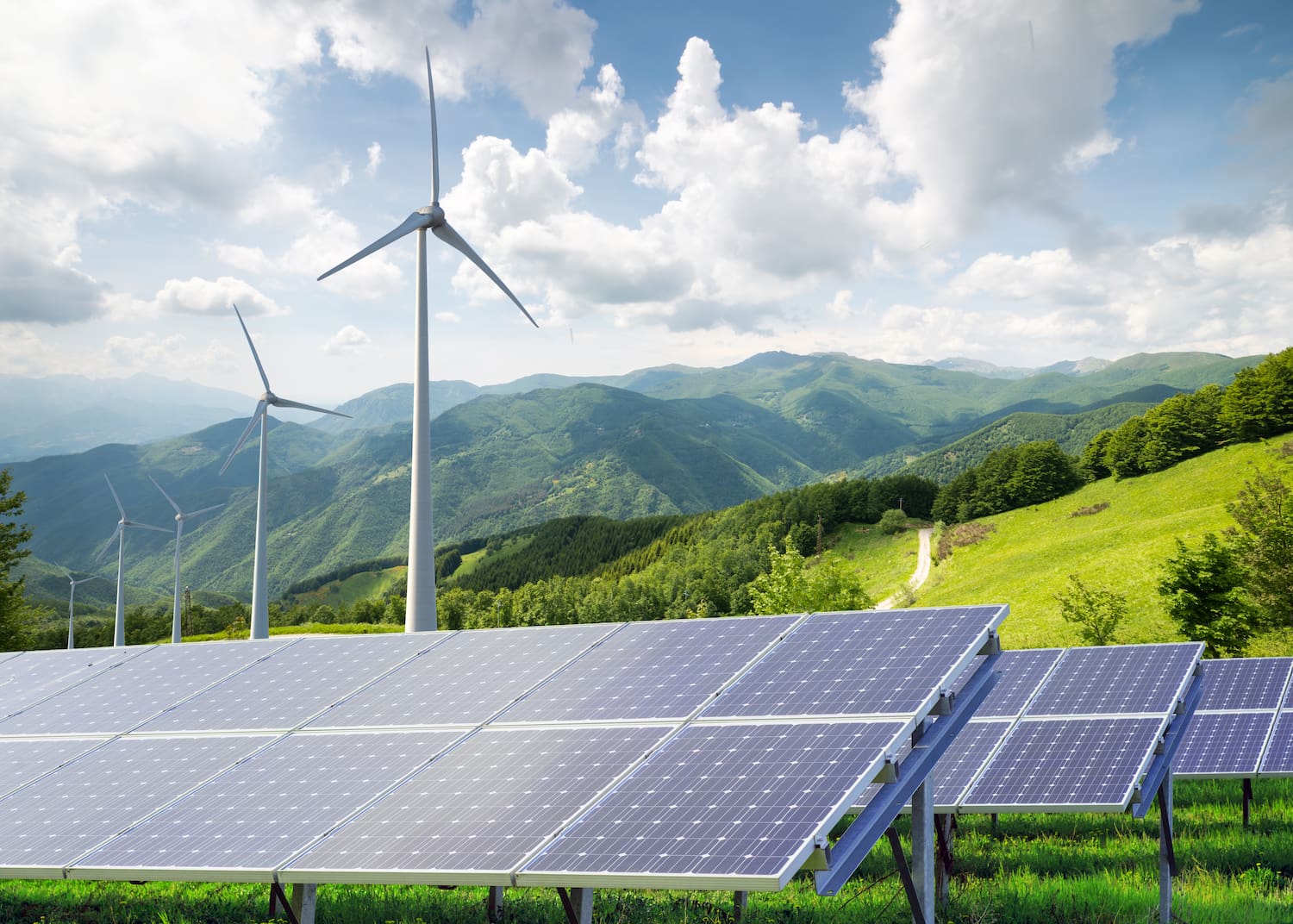The bill that the Government of Aragon promotes, the purpose of which is to tax investments renewable energy, threatens sustainable development in this region, seriously jeopardizing billions of euros in investments and thousands of jobs devoted to sustainable energy in Aragon today. The main associations of the national sustainable sector, the Association of Renewable Energy Companies (APPA Renovables) and the Wind Business Association (AEE) They denounce this tax at a crucial time for sustainable development.
Las renewable energy They are experiencing strong growth at global, European and national levels, with a market comprising more than $350 billion in international investment. In recent years, this investment has translated into a record installer in our country. Therefore, the intention of the government of Aragon to introduce a tax that will stop these investments in the region is extremely surprising.
Photovoltaic installations, wind farms or electricity lines would be affected by the tax processed by the Aragonese governmenthalting investments in new sustainable developments and electrification, which are necessary to supply the Aragonese territory with clean and indigenous energy.


A tax on investments in sustainable energy
The tax would not only go against the regional development of Aragon, but could also conflict with the European budgetary framework in the field of energy taxation and the development and penetration of renewable.
The European Commission Delegated Regulation (EU) 2021/2139 considers in points 4.1 and 4.3 of the Annex that wind and photovoltaic installations are economic activities that contribute substantially to climate change mitigation and stipulates that they do not cause significant damage none of the environmental objectives, so that a new tax could not be justified, which in the opinion of the Aragonese governmentinternalize the social and environmental costs of these projects.
The creation of new taxes on sustainable energyretroactively, would seriously damage the legal certainty of investments in Aragon, making projects unnecessarily expensive and difficult to finance, thus slowing down job and wealth creation in the region.
Risk to the development of renewable energy sources in the region
Aragón is one of the five autonomous communities with the highest installed renewable energy. By 2023, more than 50% of electricity generation in our country would be of renewable origin, with the Aragonese region playing an important role in this.
Due to its wind and photovoltaic potential, Aragon was expected to experience great development in connection with this energy boost. renewable energyHowever, the introduction of specific regional taxes could jeopardize this momentum.
This threat could also influence investment decisions in other sectors, due to the effect that renewable energy sources have on reducing costs.
The competitiveness achieved by these energies means that other industries can benefit from lower energy costs by entering into PPAs (energy purchase and sale contracts), gaining competitive advantages that are threatened by these regulations. As a result, industrial development takes place in regions where renewable as a result of security of supply and competitiveness of energy costs.
The proposed fiscal policy jeopardizes future investments in Aragon beyond those related to them renewable.
In addition, the law imposes taxes on power lines, something that will affect development. renewable and the necessary electrification of society, which prevents individuals and companies from changing their fossil consumption for more sustainable and less polluting electricity consumption.
Ambitious national renewable energy targets
Our country currently has ambitious development goals renewablewith the aim of obtaining 81% of electricity from these energies by 2030, and 42% of total energy, implying significant investment in Spain over the next seven years.
In concrete terms, the National Integrated Energy and Climate Plan (PNIEC) estimates investments renewable energy to be implemented until the end of the decade, a figure that will be adjusted upwards when the plan is updated.
Since the PNIEC does not specify in which region these projects should be implemented, the imposition of regional taxes will result in companies and investors choosing other locations, causing obvious economic damage to the region. Aragon.

